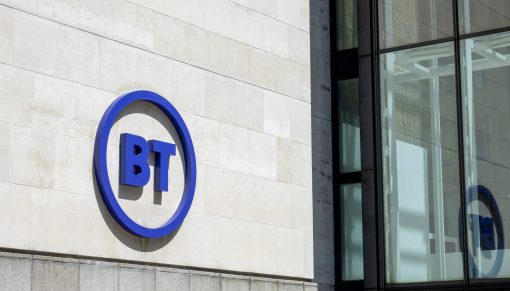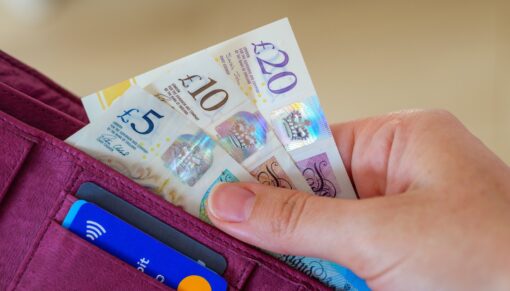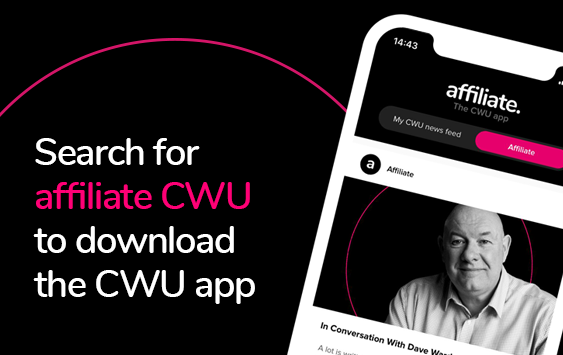BT and Openreach Dispute
BT and Openreach pay dispute resolved
Following eight days of all-out strike action by around 40,000 CWU members in BT and Openreach, the dispute formally ended on Thursday December 15 – with members voting by a margin of four-to-one to accept a further £1,500 flat-rate pay rise (pro-rata for part-timers), paid monthly from January 1, 2023.
The fully consolidated and pensionable negotiated settlement, which brought six months of industrial unrest in BT Group to its conclusion, comes on top of the £1,500 flat-rate increase that was unilaterally imposed by management in April 2022.
As such, the deal equates to a headline fully consolidated and pensionable pay increase totalling £3,000 in the current financial year.
Crucially, for the CWU, the deal – which was supported by just over 81% of members participating in a consultative ballot – applies across the entire CWU member represented grade range and not just to those on lower salaries, as had initially been suggested by the company.
“Members have every reason to stand tall at what the first large-scale industrial action in BT Group in 35 years has achieved,” stresses CWU deputy general secretary Andy Kerr.
“Apart from securing a fully consolidated rise that is double what the company initially imposed, they have also set down a crucially important marker for the future that CWU members will never accept imposition.”
See story here
The dispute in summary
The first large scale industrial action in BT Group since 1987 was triggered by the company’s unilateral imposition in April of real-terms pay cuts for all CWU-represented grades.
In a radical departure from the time-honoured partnership approach to industrial relations that had previously underpinned 35 years of industrial peace in BT Group, management abruptly terminated pay talks after just six short meetings – even though firm proposals had only been tabled by the company in the latter two of those meetings.
BT claimed the flat-rate settlement of £1,500 that it then imposed, without agreement, equated to between 3.8% and 8% dependent on where individuals were positioned on the pay scale – though in actuality the higher percentage going to the company’s lowest paid workers was illusory. That’s because up to two thirds of the £1,500 uplift had previously been paid out to address a recruitment and retention crisis in the company’s call centres where new hires had been placed on unagreed pay rates that were only marginally over the Real Living Wage.
The CWU therefore calculated that even the biggest beneficiaries the imposed flat rate pay uplift had only received around 5% – with the vast majority of CWU-represented grades receiving only a little over 4% and some below 3%.
That compared with spiralling inflation that saw the Government’s preferred (typically lower) CPI measure hit 10.1% in July (RPI 12.3%) – and was set against a backdrop of BT Group’s declaration of a £1.3bn annual profit, a £761 million dividend payout for shareholders and a 32% increase in the CEO’s overall remuneration package.
Accordingly, in June the CWU conducted its first company-wide industrial action ballot in BT Group since 1987. In Openreach, where 28,425 CWU members were entitled to vote, participants recorded an eye-watering 95.8% ‘yes’ vote for industrial action on a 74.8% turnout. In BT, where 10,353 were issued with ballot papers, another remarkable ‘yes’ vote of 91.5% was recorded on a 58.2% turnout.
The CWU had hoped that such an overwhelming demonstration of workforce anger would persuade management back to the negotiating table – but, with the company still refusing to re-open 2022 pay negotiations, the first national industrial action in BT Group for three and a half decades took place on July 29 and August 1.
Solidly observed by members in both BT and Openreach, further all-out strike days took place on Tuesday August 30 and Wednesday August 31. With no tangible movement from management at that stage, another four days of strike action were called on Thursday 6th October, Monday 10th October, Thursday 20th October and Monday 24th October.
In the days that followed, BT finally agreed to meaningful talks, and on November 28 the CWU informed members that a draft deal had been reached by company and union negotiators.
That deal was then placed before members in a consultative ballot that got underway on Tuesday December 6 – the settlement ultimately being ratified by 81% of those casting a vote by the time the result was announced on Thursday December 15.






